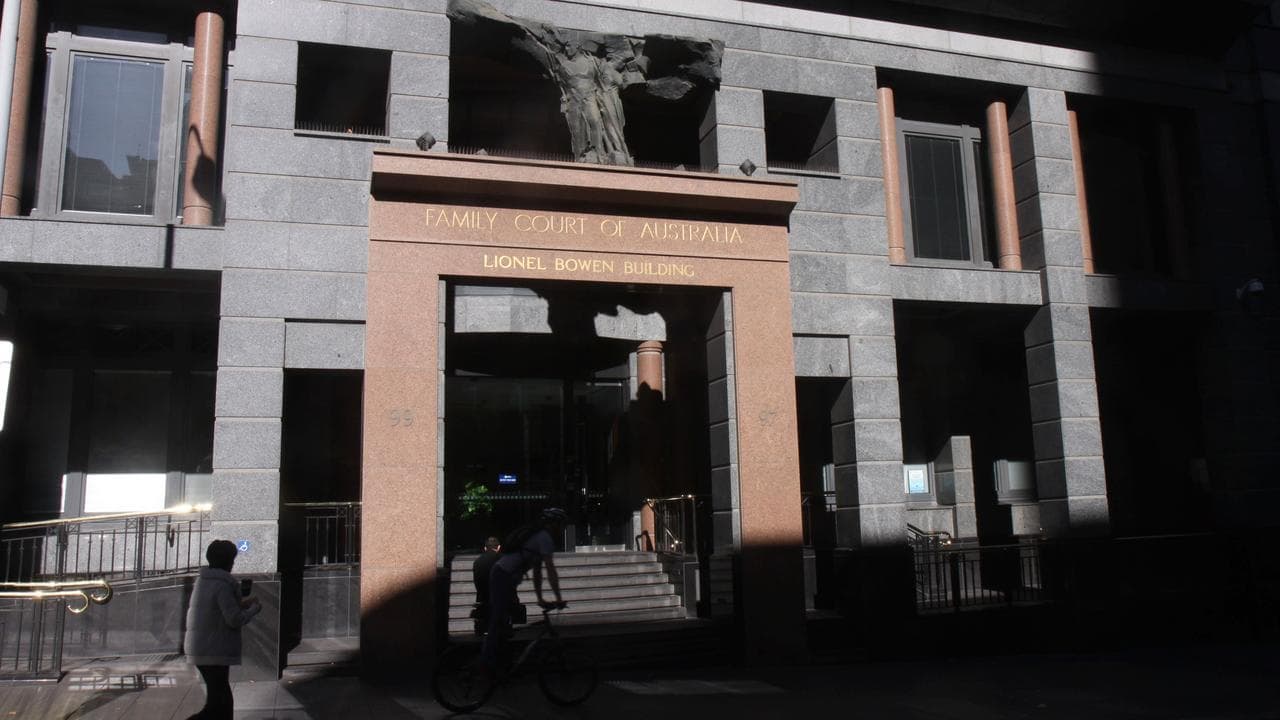WHAT WAS CLAIMED
You can still turn up and vote in the PNG election if you are not on the common roll.
OUR VERDICT
False. Only those registered on the updated 2022 common roll can vote.
Voting is underway for the 2022 election in Papua New Guinea (PNG), with millions of citizens to exercise their democratic right over the next few weeks.
However, a Facebook post (screenshot here) is claiming people who are not enrolled to vote can still do so by showing identification or filling in a form at a polling place.
"If your name is not on it just turn up with a valid ID and vote," one of the posts reads. Another suggests asking at the polling booth for "Form 57" to fill in.
The claims are false.
The Organic Law on National and Local Level Government Elections in PNG prohibits people from voting if they are not enrolled on the common roll (Section 61).
Maholopa Laveil, from the School of Business and Public Policy at the University of Papua New Guinea, confirmed voters would have to be on the updated roll.
"The presiding electoral officer will only accept ID for the purpose of verifying names on the roll," he told AAP FactCheck in an email.
"The only person allowed to vote in an electorate for which s/he is not enrolled, is a candidate contesting in that electorate."
Section 131 of the Organic Law supports Mr Laveil's comments. It reads: "A candidate is entitled to vote in the electorate for which he is a candidate whether or not his name is on the Roll for that electorate."
A voter awareness toolkit published by the Papua New Guinea Electoral Commission also makes clear that a person will not be allowed to vote if their name is not on the electoral roll (page 5).
PNG elections are often marred by violence and it is feared misinformation around voting procedures and the common roll could spark fresh disorder.
Any citizen of Papua New Guinea over the age of 18 is required by law to enrol to vote. New eligible voters or people who need to update their enrolment details must contact an enrolment agent and submit a claim.
Claims for enrolment must be received before 4pm on the day the writs were issued for the election, which was May 12, 2022.
Many of the false posts are connected to claims that the updated 2022 roll has been abandoned in favour of the 2012 version.
Terence Wood, a research fellow at the Development Policy Centre at ANU, said he had seen "no evidence" the updated 2022 roll had been abandoned.
He said it would make no sense to revert to the 2012 version, given 2017 was the most recent backup.
"Similarly, it's against PNG's electoral rules to vote if your name is not on the roll," he told AAP FactCheck in an email.
"For this reason, it's implausible that a formal decision has been made to abandon the roll and allow anyone to vote if they simply turn up with an ID."
Mr Laveil explained the roll being used in this election was first created in 2006 for the 2007 election, updated in 2011 for the 2012 election, and updated again in 2017 for the 2017 vote.
He said the most recent update was only completed a week after the issue of writs, but there were concerns about potential missing names.
Dr Henry Ivarature, Pacific fellow at ANU, said a delay in funding had led to the potential issues with the updated roll.
The Verdict
The claim people not on the updated common roll can still turn up and vote in Papua New Guinea's election is false. Experts explained the only individuals able to vote having not appeared on the roll are candidates contesting the election. This is confirmed by legislation.
False - The claim is inaccurate.
AAP FactCheck is an accredited member of the International Fact-Checking Network. To keep up with our latest fact checks, follow us on Facebook, Twitter and Instagram.












